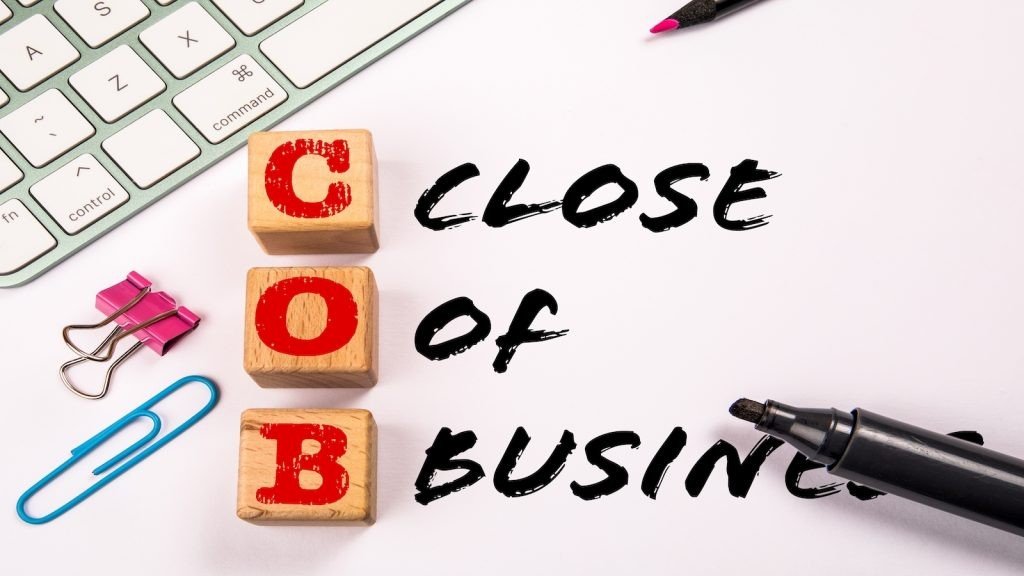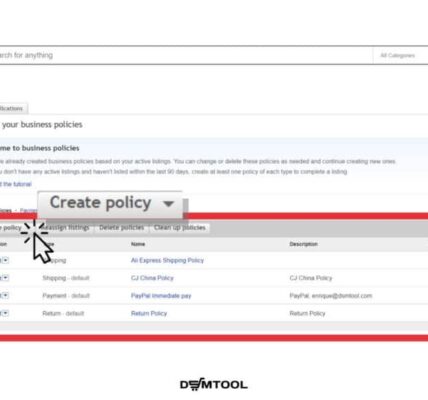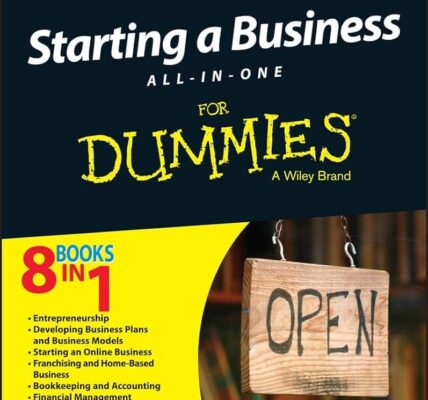Looking for the COB meaning in business? COB, short for Close of Business, signifies the end of a working day. In the fast-paced corporate world, understanding and effectively managing COB timings can significantly impact workflow and productivity. Imagine the clarity and efficiency that could result from synchronizing tasks to align with the COB. Stay tuned to delve deeper into the significance of COB in business operations. Let’s explore how this simple concept can make a substantial difference in your daily professional routine.
The Meaning of CoB in Business
In the modern business landscape, acronyms and terms often dominate conversations, reports, and meetings. “CoB” is one such term that holds significant importance in the corporate world. CoB stands for “Cost of Business,” a critical metric used by organizations to assess the various expenses incurred in conducting business operations. Understanding the CoB in business is essential for effective financial management and decision-making. Let’s delve deeper into the concept of CoB and its implications for businesses.
Defining CoB in Business
The Cost of Business refers to the total expenditures an organization must bear to operate and generate revenue. It encompasses all the costs associated with running a business, including both fixed and variable expenses. By calculating the CoB, companies can gain insights into their financial health, profitability, and efficiency. This metric plays a crucial role in determining the overall viability and sustainability of a business venture.
The Components of CoB
To get a comprehensive understanding of the CoB, it is essential to break down its components:
- Fixed Costs: These are expenses that remain constant regardless of the level of production or sales volume. Examples include rent, salaries, insurance premiums, and utilities.
- Variable Costs: Variable costs fluctuate in direct proportion to changes in production or sales. They may include raw materials, labor costs, packaging, and shipping expenses.
- Operating Expenses: These are day-to-day costs incurred to keep the business running smoothly, such as office supplies, marketing expenses, maintenance, and repairs.
- Overhead Costs: Overhead costs are indirect expenses necessary to support business operations but not directly tied to a specific product or service. Examples include administrative salaries, rent for office space, and depreciation.
Calculating CoB for Business Decision-Making
Determining the CoB involves a systematic analysis of all cost components to arrive at an accurate representation of the financial burden on the business. By calculating the CoB, organizations can:
- Evaluate the profitability of products or services
- Identify cost-saving opportunities
- Set pricing strategies
- Assess the financial health of the business
- Make informed decisions regarding resource allocation
Importance of CoB in Financial Management
The Cost of Business serves as a fundamental tool for financial management and strategic planning within organizations. Here are some reasons why CoB is crucial in business operations:
- Budgeting: Understanding the CoB helps companies create accurate budgets that account for all operational expenses, ensuring financial stability and control.
- Profitability Analysis: By comparing the CoB with revenue generated, businesses can assess their profitability and make adjustments to enhance their bottom line.
- Decision-Making: CoB analysis guides strategic decision-making by providing insight into the financial implications of various choices, such as expanding operations, launching new products, or scaling back resources.
- Performance Evaluation: Monitoring changes in the CoB over time allows businesses to track their financial performance and efficiency, enabling them to course-correct as needed.
Optimizing CoB for Business Success
To leverage the benefits of understanding and managing the Cost of Business effectively, organizations can adopt the following strategies:
- Implement Cost Control Measures: Identify areas where costs can be reduced without compromising quality or service to optimize the CoB.
- Streamline Operations: Enhance efficiency and productivity to lower variable costs and improve overall cost-effectiveness.
- Regularly Review and Update Cost Assessments: Keep track of changes in the business environment and adjust cost projections accordingly to maintain accurate CoB calculations.
- Invest in Technology: Utilize software and tools for financial analysis and forecasting to enhance accuracy and efficiency in CoB calculations.
In conclusion, grasping the concept of CoB is integral to effective financial management and strategic decision-making in business. By gaining insights into the various cost components and calculating the Cost of Business accurately, organizations can optimize their operations, drive profitability, and secure long-term success. Incorporating CoB analysis into routine financial practices empowers businesses to navigate challenges, seize opportunities, and achieve sustainable growth.
COB Meaning
Frequently Asked Questions
What is the meaning of ‘COB’ in business?
COB stands for “Close of Business.” It refers to the end of the business day or the time when a business shuts down its operations for the day.
How is ‘COB’ typically used in business settings?
‘COB’ is commonly used in various contexts in business, such as setting deadlines, scheduling meetings, determining project timelines, and finalizing transactions.
Why is understanding ‘COB’ important in business?
Understanding the concept of ‘COB’ is crucial in business to ensure that tasks are completed on time, deadlines are met, and effective communication is maintained among team members and stakeholders.
Can ‘COB’ vary depending on the industry or organization?
Yes, the specific time designated as ‘COB’ can vary based on the industry, organization, or even individual company policies. It is essential for employees to be aware of their company’s specific ‘COB’ time.
How does knowing ‘COB’ help in managing daily business operations?
Knowing ‘COB’ helps in managing daily business operations by providing a clear reference point for when tasks should be completed, allowing for efficient planning and prioritization of work activities.
Final Thoughts
In conclusion, understanding COB meaning in business is crucial for efficient operations. COB, or Close of Business, signifies the end of the working day when tasks should be completed. Effectively managing COB deadlines ensures timely task completion and organizational efficiency. Make sure to prioritize tasks before COB each day for a productive workflow. Remember, mastering COB meaning in business enhances productivity and time management skills.





